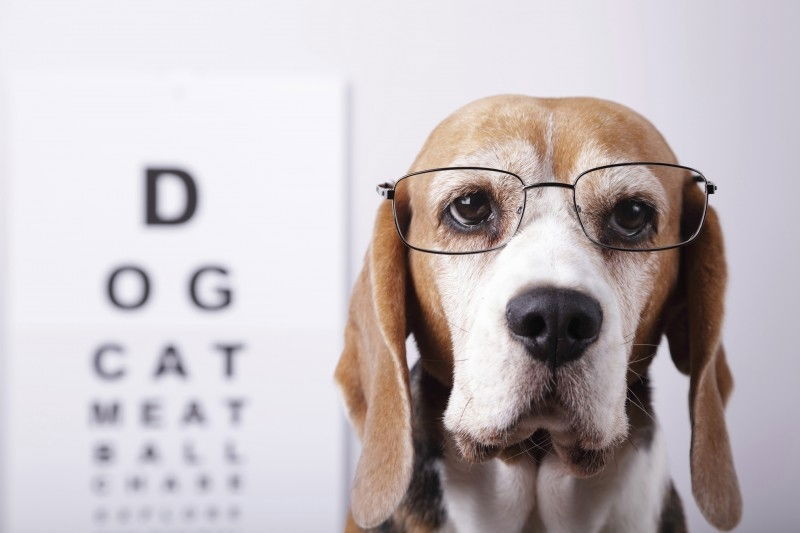Ophthalmology

Veterinary ophthalmology is the specialty that takes care of the eye health of dogs and cats, treating and preventing various eye diseases that can compromise the vision and well-being of pets.
The most common ophthalmological diseases in these animals include:
- : Injury to the ocular surface that may be superficial or deep, and may lead to perforation and loss of vision if left untreated.
- : Reduction in tear production, causing discomfort and risk of infections.
- : Increased intraocular pressure, which may be hereditary or secondary to other conditions, and is one of the main causes of blindness.
- : Opacity of the ocular lens, common in dogs with diabetes or genetic predisposition, which causes progressive loss of vision.
- are also observed.
- Brachycephalic dogs such as Pugs, French Bulldogs, Shih Tzus, Maltese and Bulldogs are more susceptible to corneal ulcers and keratoconjunctivitis sicca due to their facial conformation.
- Breeds such as Poodle, Schnauzer and Cocker are more likely to develop cataracts, while Cocker, Sharpei, Basset Hound, Beagle, Samoyed and Husky are more prone to glaucoma.
- In cats, Persian and Exotic breeds are more predisposed to eye problems, including corneal ulcers and entropion.
It is important to observe signs such as:
- Red eyes, excessive tearing or eye discharge
- Changes in the color or appearance of the eye (whitish, bluish, reddish)
- Eyes closed or blinking excessively
- Photophobia (sensitivity to light)
- Itchy eyes
- Difficulty finding your way, collisions and hesitation when moving
Diagnosis is performed through specific tests, such as:
- Neuro-ophthalmological evaluation
- Tonometry (measurement of intraocular pressure)
- Fluorescein test (evaluates the cornea)
- Schirmer test (evaluates tear production)
- Fundoscopy (examination of the back of the eye)
Treatment varies depending on the disease and may include eye drops, medication or surgery. Regular visits to a veterinary ophthalmologist are recommended, especially for animals with a history or predisposition to eye diseases, for prevention and monitoring.
- Animals up to 6 years old: annual consultation with a veterinary ophthalmologist.
- Animals over 6 years old: biannual consultation to monitor eye health 1 .
Veterinary ophthalmology is essential to ensure the quality of life and preservation of vision for dogs and cats, with specialized care ranging from early diagnosis to appropriate treatment of eye diseases.


